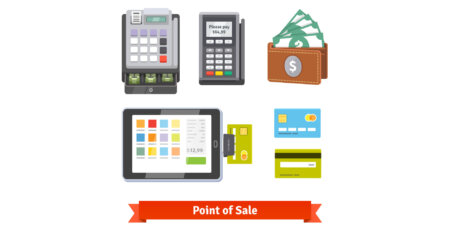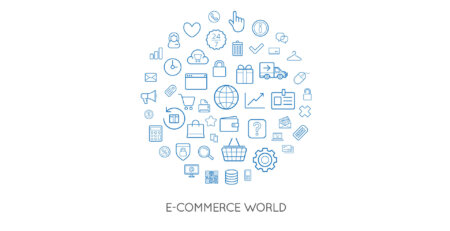Advantages and Disadvantages of POS
Whoever runs a business has two options one is to use a traditional billing register that administers the amount of cash inflow in a day, second is a Point of Sale system which not only does what a regular register does but adds more to it. Both of these methods have their pros and cons and it is essential to understand both choices thoroughly before implementing either of them.
Inventory Control
A Point of Sale system adjusts to the inventory system of a business. Soon after it is in place, it automatically keeps track of sales and reorders items that are running low on stock. This way it reduces the burden of mutual checks and employees can focus better on their work. Consequently, a business can make more profits.
Product Selection
A Point of Sale system keeps a record of all sales and provides a report that consists of average sales. It shows how many items were sold from each category and what item was sold the most. By knowing this information a shop owner can take advantage of this and purchase more stocks of the items sold more frequently. The managers can also use the information from a Point of Sale system to determine what seasonal products are most in-demand and display more of those to increase sales and generate profit.
Required Updates
A Point of Sale system is software that runs a whole network for a business. With this comes the need to install regular updates to keep the efficiency of the software high. These updates can either be scheduled or done via a POS provider. Point of Sale systems calls for a maintenance fee that includes regular updates and tweaks in the system. This cost is needed after the initial purchase.
Security Risks
Point of Sale systems interlink a cash register to a central network and this interlinking has its risks. If the software isn’t updated regularly or if the update has been faulty a security risk arises and data can leak. Every business transaction is monetary and many customers pay with a credit card. Company can be at a legal risk if information is used in a negative way.
Popular POS Systems
Each company requires a different type of POS system depending on their need. Some POS systems in general are much better than the rest. For example, ShopKeep oversees more than 289 million transactions annually and is suitable for small businesses. This software is used by coffee shops, local food trucks, and even some retail stores. With an additional payment, the users can also get ShopKeep Loyalty, ShopKeep Spotlight, more tools, and features.
A rather cheaper option is Square Point of Sale. This system is free of cost but it takes personal capital on each transaction made. Among its prominent features are, real-time reports, QuickBooks, customer services administration, customer loyalty programs, and immediate transactions.
Sib360’s POS is another option for small scale businesses that operate online and in-store. Its features include a back-end reporting system, sales administration, etc. It can also connect with Shopify e-commerce which makes it perfect for users who use this to run an online store. Users of this system have the option to choose among 3 different plans according to their needs. For a small business, it is better to invest in a basic plan and later on pay an additional fee for helpful features or to upgrade overall.
The perfect Point of Sale system is different for every small business, as it depends on the requirements their business has. It is important to compare a few essential things before choosing the right system. These can include, ease of use, efficient administration of inventory, customer support, and all the other features a company could benefit from.












Leave a Reply